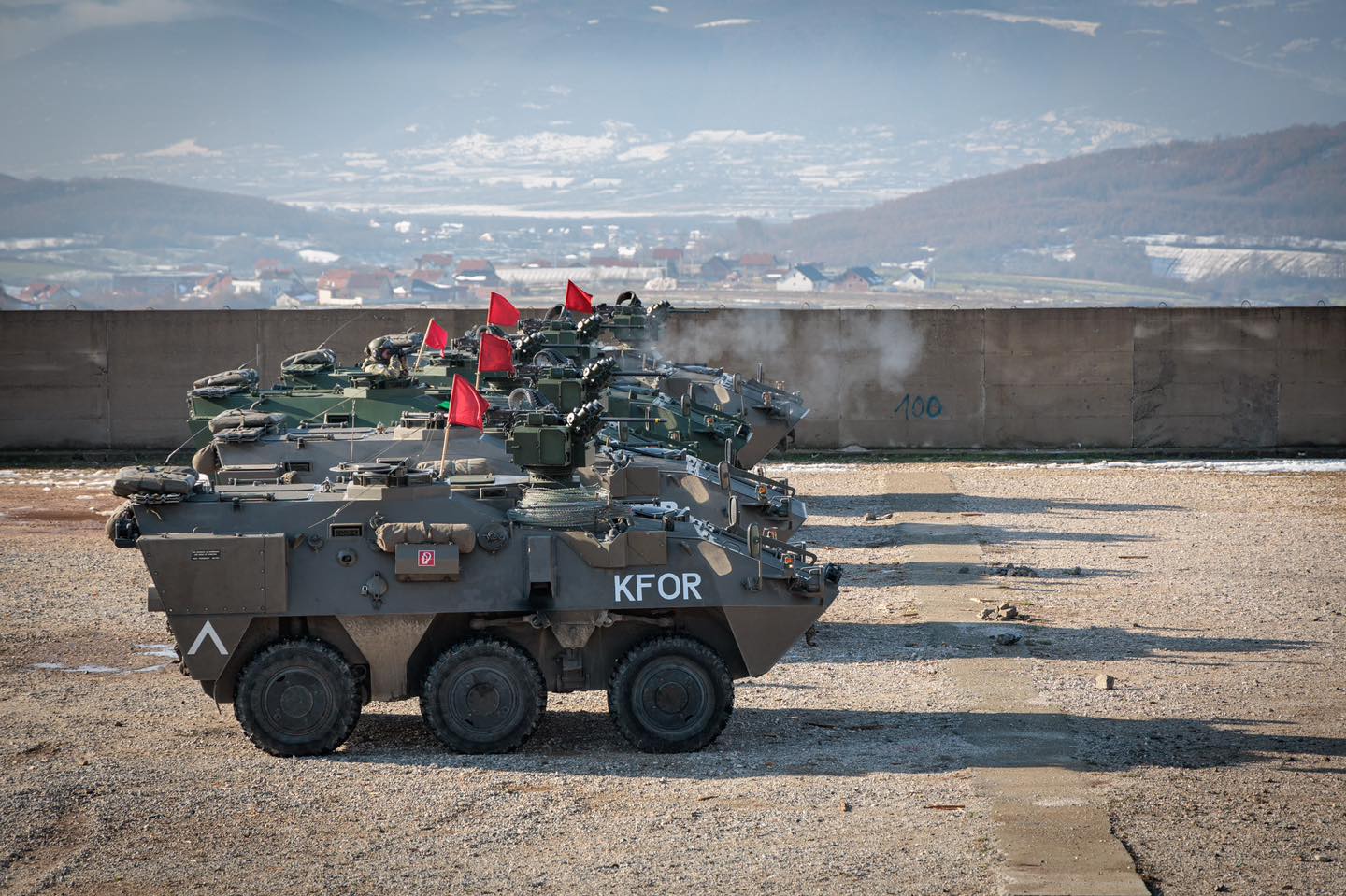
The KFOR commander, Ozkan Ulutas, says that they have quadrupled the number of troops in the north after the Serbian aggression of September 24 in Banjska of Zveçan, where police sergeant Afrim Bunjaku was killed.
In an interview for KosovaPress, Ulutas assesses the situation in the north of the country as calm, but emphasizes that it continues to be fragile.
He appreciates the close cooperation with the Kosova Police and EULEX, while he says that KFOR continues to operate as the third security responder.
Full interview with KFOR commander, Ozkan Ulutas:
What can you tell us about the situation in Kosovo after the September 24 aggression in Banjska of Zveçan?
Is KFOR ready to respond to any threat from outside?
NATO has deployed additional reserve forces with additional capabilities to Kosovo, following the recent tensions, in order to fulfill its UN mandate, and to deter any further actions. Our mission’s strength is currently of around 5,000 troops, with contributions from 27 countries, including NATO Allies and partners. KFOR’s mandate is clear, based on the UN Security Council Resolution 1244 of 1999: to ensure a safe and secure environment for all people living in Kosovo, and freedom of movement.
Recently, the heads of state have warned that "Serbia is preparing for new attacks". Such warnings were also made by the British MP, Alicia Kearns, about the arming of Serbs in Kosovo through monasteries. Are there other cases? Do you have such information? How do you see the deployment of additional troops of Serbia near the border with Kosovo?
I will not speculate on any future scenario.
Our main focus is on the implementation of our UN mandate to ensure a safe and secure environment for all people in Kosovo; at all times and impartially.
Can you tell us more about the cooperation with KSF?
We are in close contact with the Institutions in Kosovo and the Kosovo security organisations, as well as the Serbian Chief of Defence. This is important to avoid misunderstandings, especially in times of crisis and when tensions are high.
As clearly stated by the NATO Secretary General during his recent visit to Pristina, “any deployment of the Kosovo Security Force to northern Kosovo requires the concurrence of KFOR.” The NATO Secretary General also highlighted that “We expect timely consultations on any action of the Kosovo Security Force or Kosovo Police that could impact regional security.” I count on all of my counterparts to continue our regular cooperation on these important matters.
For over two decades, KFOR has maintained a safe and secure environment for all people in Kosovo and freedom of movement, in accordance with our UN mandate. Decades of hard-won peace must not be jeopardised. NATO’s commitment to KFOR remains strong today.
This was reaffirmed loudly and clearly by NATO Secretary General, Jens Stoltenberg, during his recent trip in November to Kosovo, Bosnia and Herzegovina, Serbia and North Macedonia. That trip was in fact another concrete demonstration of NATO’s steadfast commitment to stability in the region.

